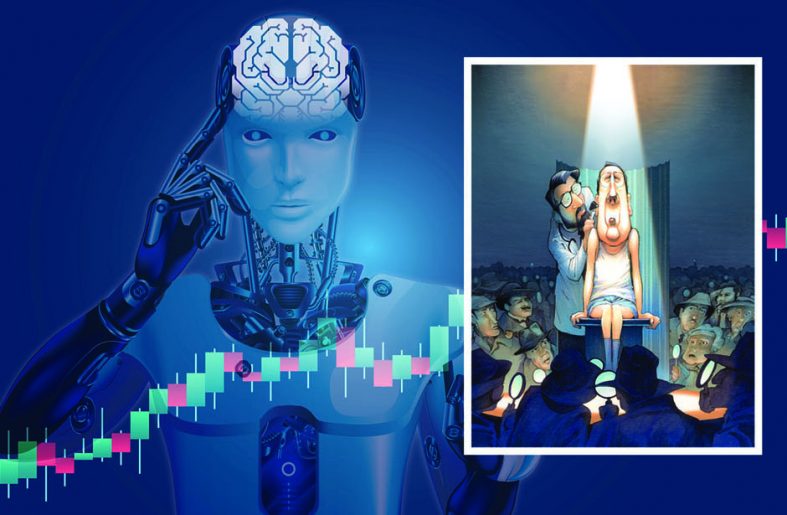The Crowd Can’t Beat the Supercomputer
Two articles in the March/April 2020 issue of Contingencies explain how, in our increasingly complex world, better outcomes can be obtained in diagnosing medical conditions and in underwriting insurance risk. The solutions offered are very different—in the former case, crowdsourcing (“Medicine by Committee—Will more detectives in the room lead to better health outcomes?”), and in the latter, data science (“Underwriting 2.0—In an increasingly automated world, what does risk assessment look like?”).
Imagine for the moment that these solutions were reversed—that the writer on medical diagnosis had advocated for data science and the writer on underwriting had advocated for crowdsourcing to achieve the desired better outcomes.
I think most readers would agree that crowdsourcing underwriting is a silly idea. I would say, with the increasing power of data science available today, crowdsourcing medical diagnosis is an equally silly idea. When computers can beat the human champions at bridge, chess, and go, surely they can outperform even the largest crowd of medical diagnosticians.
Eric Klieber, MAAA, FSA
Cleveland Heights, Ohio
Strategic Modeling, Economics More Relevant Than Ever
In “The Futures of the U.S. Health Care System” (Contingencies, March/April 2016), I wrote:
Scenario planning … is still conspicuously absent in insurance and … in the work done by actuaries. There are many reasons for this: … the mistaken belief that the payoff is low, the misguided assumption that scenarios are exercise in creative writing devoid of “scientific” substance, and the lure of … “Panglossian financial planning[.]” Panglossian planning [produces] a beautifully imprecise model that by design omits the forces that would cast doubt about the future management desires. Beauty, as it turns out, masks uncertainty and gives a false sense of security—exactly what scenario planning attempts to avoid. … Scenario planning helps decision-makers discern developments that could transform a company or an industry.
My views about strategic modeling have not changed. Scenario planning is a tool well suited to understand emerging risks and appreciate their consequences—financial and otherwise.
In addition to strategic modeling, a broad understanding of economics could be relevant to the work performed by actuaries. Consider universal income. It is a subject to which little attention has been given but that could become crucial in our society, more so when one understands that although there is uncertainty about the timing and effects of catastrophes, their occurrence is certain. Consider also the levers that affect the funding of social security programs: trade surpluses or deficits, balanced or unbalanced budgets, tax increases or cuts, catastrophes, etc.—all macroeconomic factors that should not be ignored.
I hope that the current crisis, already devastating for millions of people, will impel actuaries to consider adopting strategic modeling and becoming acquainted with solid principles of economics. The payoffs are enormous for society; the benefits to actuaries could impact the future of the profession for decades to come.
Carlos Fuentes, MAAA, FSA, FCA
Barrington, RI





